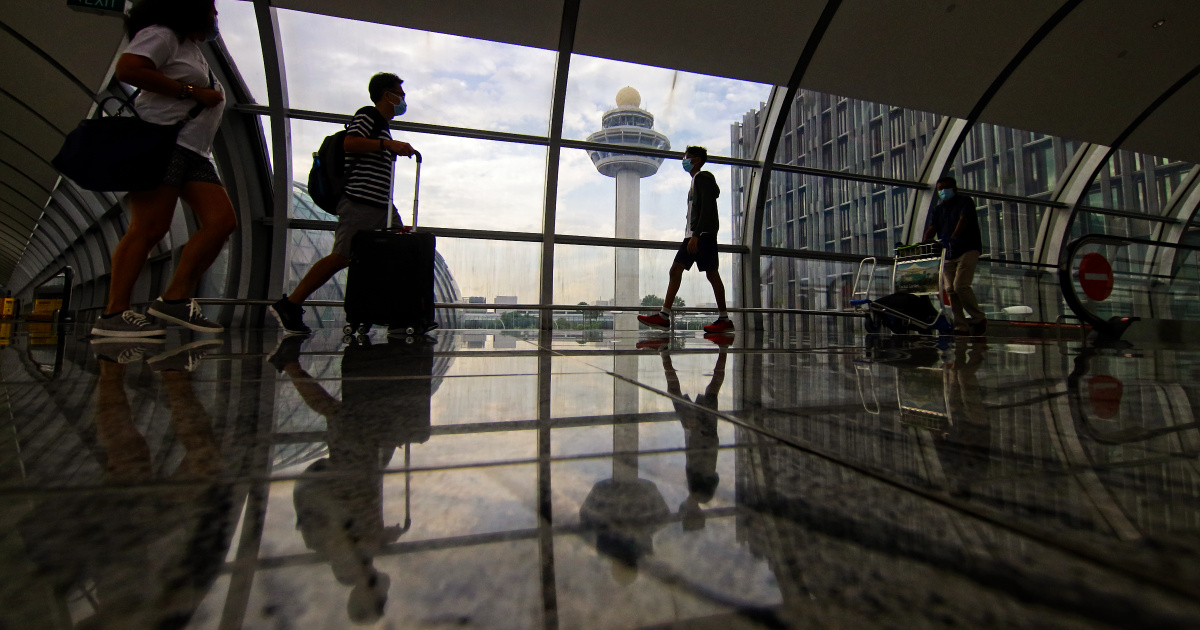“Singapore will be one of the first countries to introduce automatic identification without a passport” – Quoted CNN Minister of Communications. Josephine Teo announced this revolutionary change in a session of Parliament in which several amendments to the country’s immigration law were approved.
Biometric technology and facial recognition software are already partially implemented at Changi Airport in the automated lanes of immigration checkpoints.
However, Teo said the innovations introduced “reduce the need for passengers to submit their travel documents multiple times at touchpoints, allowing for more seamless and convenient management.”
Biometrics are used to create a “unified authentication token.” This eliminates the need to use travel documents such as boarding passes and passports for baggage check-in, check-in, boarding, etc.
However, the Communications Minister said a passport will still be required for many countries where passport-free entry is not used.
So Hungary is one of them, even though the Hungarian passport is one of the most useful passports in the world.
Efficient and safe system
In international comparisons, Singapore’s Changi Airport, often considered the best in the world and also one of the busiest, serves more than a hundred airlines flying to four hundred cities in roughly the same number of countries and regions around the world.
In June, 5.12 million passengers visited Singapore Airport in just one month. Since the outbreak of the coronavirus epidemic, Changi’s monthly sales have exceeded the five million mark for the first time. For comparison: annual passenger traffic at Budapest’s Liszt Ferenc Airport last year was just over 12 million.
Singapore Airport, which is a destination in itself, has four terminals in operation, but according to plans, a fifth terminal will be added.
At the city-state’s airport, they are confident that passenger traffic will return to pre-pandemic levels, so they consider it important that the introduction of the biometric system will make Changi’s operations run more smoothly.
The immigration system must efficiently handle the large and growing passenger traffic, provide a positive experience during inspection, while ensuring the safety of Singaporeans.
Teo said.
The future of travel
The practice of barrier-free travel is spreading throughout the world. Experts consider biometric identification to be the future of travel.
Biometric ‘smart gates’ were introduced at Dubai Airport in 2018, which use facial recognition to verify identity in just five seconds. Travelers can also identify themselves through a fingerprint or facial scan instead of a passport.
Facial recognition technology is already being used to some extent at Hong Kong International Airport, Narita and Haneda Airports in Tokyo, Indira Gandhi International Airport in Delhi, Heathrow in London, and Charles de Gaulle in Paris, among others.
In Aruba, the appropriate digital ID card loaded on a mobile phone replaces a passport.
In the United States, some major airlines, including American Airlines, United and Delta, are experimenting with biometric passenger check-in, baggage check-in and boarding, but only at select airports.
(Cover photo: Travelers at Changi Airport in Singapore. Photo: Suhaimi Abdullah/Noor Photo/Getty Images)












































